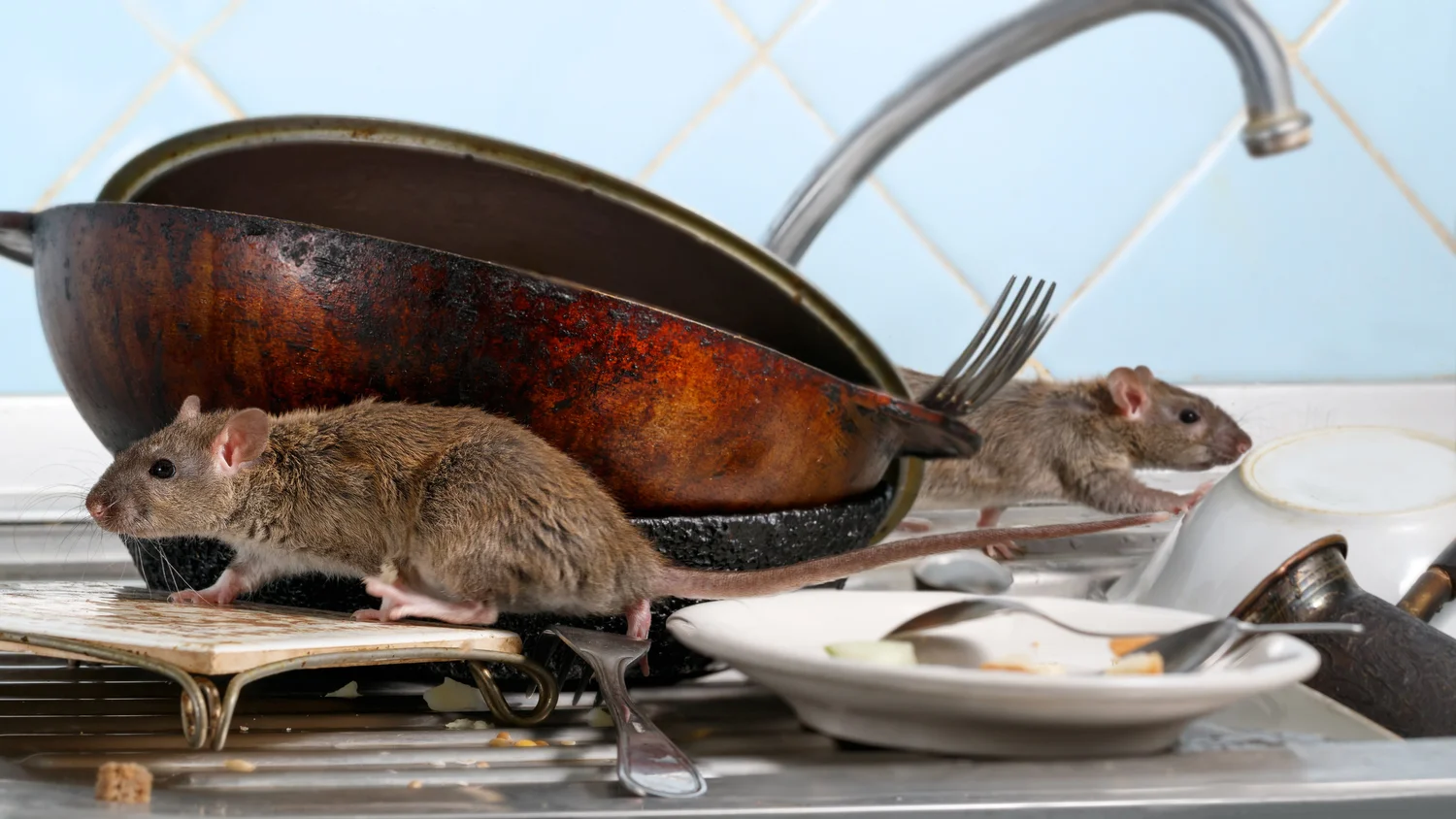Keeping your home free from pests is a task that demands both vigilance and strategy. Implementing the best pest prevention practices ensures a comfortable and healthy living environment. These strategies focus on preventing infestations before they even start, saving you time, stress, and resources.
Whether you are dealing with ants, rodents, or flying intruders, these methods blend natural solutions and proven techniques for effective prevention. Let's delve into the world of pest control and discover how you can maintain a pest-free zone.

Identifying Potential Pest Entry Points
Before you can ward off pests, it's crucial to understand how they enter your home. Common entry points include cracks in the foundation, gaps around doors and windows, and unseen holes in attic spaces. Regularly inspecting these areas can significantly aid your preventive measures. For more insights, visit Smart Pest Prevention Systems for additional tips.
Sealing Gaps and Cracks
One effective way to keep pests out is by sealing any potential entryways. Using caulk to seal cracks and weatherstripping around doors and windows can reduce the likelihood of pests making their way inside. It's a simple, do-it-yourself task that can have substantial benefits.
Landscaping Tips to Minimize Pest Access
Another critical aspect of pest prevention involves the area surrounding your home. Overgrown shrubs and trees close to your house can act as bridges for pests. Keeping your landscape well-trimmed not only enhances your home's aesthetic appeal, but also helps reduce pest access. Check out more in Using Essential Oils for Pest Prevention.
Effective Use of Natural Deterrents
For environmentally conscious homeowners, using natural deterrents can be both effective and safe for your home and family. Certain plants and essential oils have been known to repel pests. Learn more about these solutions in What Plants Repel Flies?
Plants that Deter Pests
Planting herbs like mint and basil can naturally deter many common pests. These herbs emit strong scents that certain insects prefer to avoid, creating a natural barrier around your premises.
Using Essential Oils
Essential oils, such as peppermint, eucalyptus, and lavender, have been praised for their pest-repelling properties. Spraying these oils diluted with water around entry points can help keep pests at bay.
Maintenance and Sanitation: Your First Line of Defense
Consistent home maintenance and cleanliness cannot be overemphasized in pest prevention strategies. Regular cleaning and maintenance activities can make your living space unattractive to pests.
Routine Cleaning
Ensure that floors are swept, and countertops are wiped regularly to avoid crumbs and spills that attract pests. Properly storing food, including pet food, in sealed containers is also essential.
Garbage Management
Keep trash bins sealed and emptied regularly. Outside, ensure bins are kept at a distance from the house and sealed tightly to prevent attracting pests such as rodents and insects. For detailed strategies, see Natural Pest Control Prevention Tips.
Home Repair and Renovation as Prevention Measures
Beyond regular maintenance, sometimes a bit of repair or renovation can enhance your home's defenses against pests. Faulty plumbing or damaged roofing can provide entryways and habitats for different pests.
Fixing Leaky Plumbing
Leaks both inside and outside your house attract pests like rodents and insects searching for water. Promptly fixing any plumbing issues is a preventative step.
Inspecting and Repairing Roofs and Gutters
A well-maintained roof and draining system prevents water accumulation, which can be a breeding ground for insects. Regular inspection and repair of these areas are crucial practices.

Frequently Asked Questions
Q: How often should I check my home for pests?
Regular checks are recommended at least every few months. Some homeowners supplement this by implementing year-round prevention strategies.
Q: Are natural pest deterrents effective?
Yes, many natural deterrents, like certain plants and essential oils, can be effective in repelling pests when used properly.
Q: What are some signs of a pest infestation?
Common signs include droppings, gnaw marks, damaged plants, or unusual smells. Regular home inspections help spot these signs early.
Implementing these best pest prevention practices can significantly shield your home from unwanted guests, ensuring peace of mind. For more guidance, consider consulting professional pest control services. For instance, you can explore How Much Is Pest Control For Mice to assess if professional help is needed.
This article contains affiliate links. We may earn a commission at no extra cost to you.
